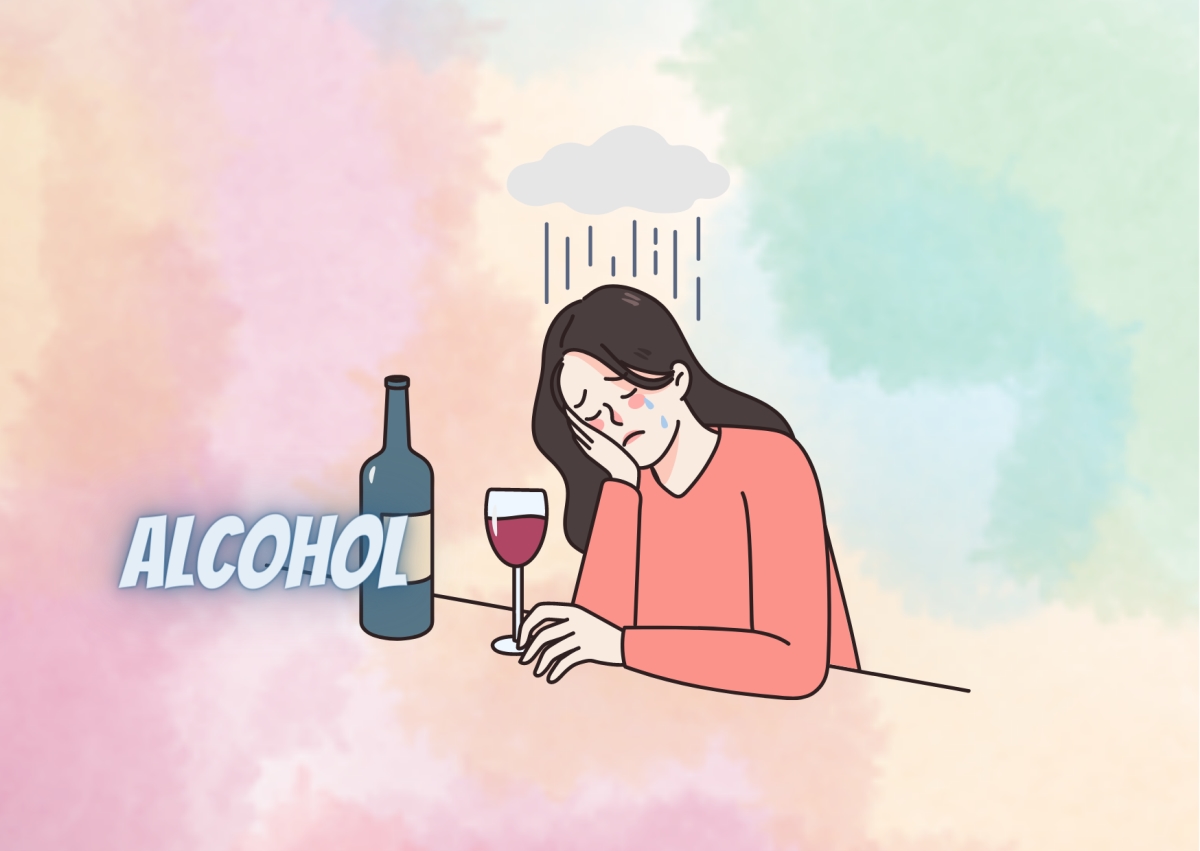Is Alcohol A Stimulant? 5 Amazing Facts About Addiction
Millions of people worldwide are affected by alcohol addiction, often known as alcoholism, which is a chronic illness characterized by obsessive and uncontrollable alcohol consumption. Despite its widespread occurrence, a lot of people may not properly comprehend the nature of addiction and the risks it poses.
The central nervous system of a person can be seriously harmed by stimulants and depressants.
Drugs known as stimulants are those that make the brain and central nervous system more active. They function by enhancing the release and synthesis of specific neurotransmitters in the brain.
Typical examples of stimulants are nicotine, caffeine, cocaine, cocaine, cocaine, amphetamines, and methamphetamine.
Drugs known as depressants reduce brain activity and block specific neurotransmitters. Sedatives and tranquilizers are additional names for depressants. These may result in a sense of relaxation, lower inhibitions, and deteriorate judgment and motor skills.
Depressants include, among others, alcohol, barbiturates, benzodiazepines, and opioids.
We will discover how alcohol and addiction are related in this essay. Also, it will cover the unusual details that can clarify the intricate nature of addiction for readers.
Alcohol: Does It Stimulate?
Contrary to what many people think, alcohol is considered a depressive rather than a stimulant. Alcohol reduces brain and central nervous system functioning. Addiction to alcohol causes emotions of relaxation and lowered inhibitions.
Alcohol can, however, act as a stimulant under specific conditions, such as in small quantities or when coupled with other drugs. Alcohol abuse and other health issues might result from using the drug as a stimulant.
Alcohol As a Stimulant
While alcohol is typically thought of as a depressant, it can occasionally work as a stimulant. As an illustration, low to moderate alcohol use may result in feelings of exhilaration, enhanced sociability, and less inhibition. It might cause some people to think of alcohol as a stimulant.
Greater alcohol doses: After drinking a lot of alcohol, the depressive effects become more noticeable. It could cause sleepiness, poor coordination, and possibly harmful effects like respiratory depression and unconsciousness.
